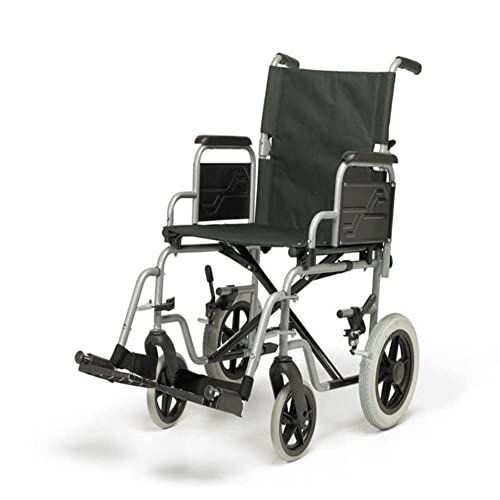Mobility Scooters: A Comprehensive Guide
Mobility scooters have ended up being a vital mode of transportation for numerous individuals dealing with mobility difficulties. This short article explores the different elements of mobility scooters, including their types, benefits, functions, and a guide for potential buyers.

Comprehending Mobility Scooters
Mobility scooters are electrically powered devices created for people with minimal mobility. They provide a method of transportation for people who may have problem strolling however still wish to keep their self-reliance. They can be found in various designs and features to deal with a large range of requirements.
Kinds Of Mobility Scooters
Mobility scooters can generally be categorized into 3 main types:
| Type | Description | Best For |
|---|---|---|
| Compact Scooters | These are small and lightweight, ideal for indoors and short journeys. | Users with limited storage space or those who travel typically. |
| Mid-size Scooters | A balance in between portability and stability, appropriate for both indoor and outdoor use. | Those who need to cover a variety of terrains. |
| Heavy-duty Scooters | Large and robust, created for rugged outdoor use and heavier individuals. | Users needing extra weight capacity or going off-road. |
Key Features of Mobility Scooters
The option of mobility scooter often depends on the features that align with individual needs. Here are a few of the essential functions to consider:
Weight Capacity: Mobility scooters feature various weight limits. It is crucial to choose a scooter that can sufficiently support the user's weight.
Range: The distance a scooter can travel on a single charge differs. Depending on user needs, one might choose for scooters with a range of approximately 40 miles.
Speed: Most mobility scooters can reach speeds between 4 to 8 mph. Consider what speed is comfortable and safe for the intended environment.
Turning Radius: A compact turning radius is necessary for indoor usage, permitting simpler navigation in tight spaces.
Battery Type: The type of batteries utilized can impact the scooter's efficiency. Lead-acid and lithium-ion batteries are the most typical.
Advantages of Using Mobility Scooters
The benefits of mobility scooters extend beyond just transport. Some essential benefits include:
Independence: Users can browse their environment without relying on caretakers, promoting independence and confidence.
Health Benefits: Using a scooter can encourage outside activity, leading to physical and psychological health improvements by minimizing feelings of isolation.
Convenience: Scooters can quickly be run in different environments, whether inside your home, in shopping malls, or outdoors.
Important Considerations When Buying a Mobility Scooter
When purchasing a mobility scooter, several considerations can assist guarantee that you choose the right model:
Assess Individual Needs:
- Mobility level: Consider how much support the person will need.
- Variety of use: Determine where the scooter will mostly be used (inside, outdoors, on rough surfaces, and so on).
Test Drive:
- Always test drive several designs to find an appropriate fit. Take note of convenience, ease of steering, and the scooter's responsiveness.
Evaluation Safety Features:
- Look for scooters with appropriate safety functions like lights, signs, and anti-tip styles.
Examine Warranty and Service Options:
- A reputable warranty and readily available service alternatives are vital for long-term use.
FAQs about Mobility Scooters
1. How quickly do mobility scooters go?Mobility scooters usually have speeds varying from 4 to 8 miles per hour, with the majority of developed for safety instead of high-speed travel. 2. Are there weight restrictions on mobility scooters?Yes, mobility
scooters come with particular weight limitations, frequently ranging from
250 lbs to over 500 pounds, depending on the model. 3. Can mobility scooters be utilized indoors?Certain designs, especially compact scooters, are particularly designed for
indoor usage and are easier to maneuver in tight areas. 4. How often do the batteries need to be replaced?Battery life can vary based on usage, however generally, with appropriate care, batteries might last in between 1 to 3 years before needing replacement
. 5. Are mobility scooters covered by insurance?Coverage can vary, but some insurance plans, including Medicare and Medicaid, might cover part of the expense. It's recommended to consult private insurance coverage companies. Mobility scooters work as a
important tool for many individuals, allowing them to maintain
their freedom and independence. By comprehending the various types and functions of mobility scooters, people can make educated decisions customized to their particular requirements.

Whether utilized for errands, mingling, or leisurely activities, mobility scooters can improve the quality of life for those with mobility limitations. Buying a mobility scooter is a decision that can significantly affect a person's every day life. Therefore, individuals ought to carefully assess their alternatives and choose a design that best aligns with their lifestyle and mobility requirements
.


